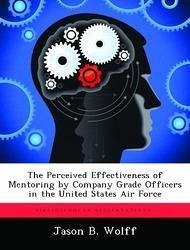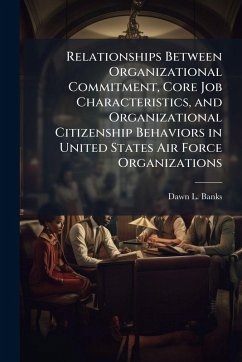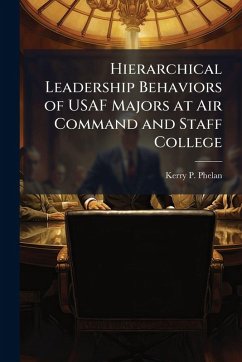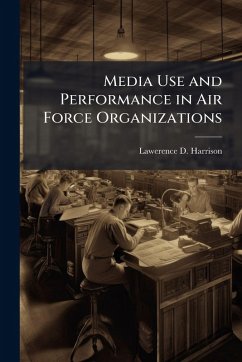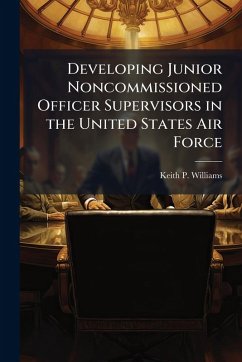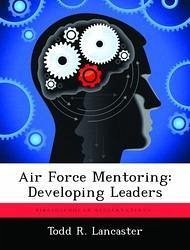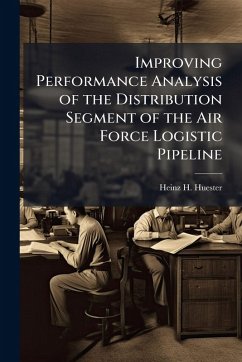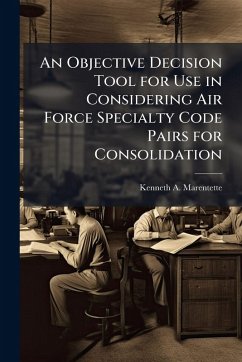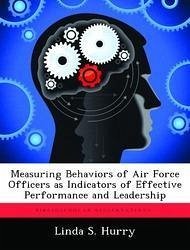
Measuring Behaviors of Air Force Officers as Indicators of Effective Performance and Leadership
Versandkostenfrei!
Versandfertig in über 4 Wochen
15,99 €
inkl. MwSt.

PAYBACK Punkte
8 °P sammeln!
It is clear that the officer corps will play a key role in improving the Air Force's efficiency, preserving its traditions, and ensuring it maintains the highest level of combat capability. Yet, surprisingly, there is little agreement about exactly which types of officer performance contribute the most to meeting the Air Force's objectives. Performance requirements for officers have not been defined in terms specific enough to guide training course development and performance evaluations. This study identified the types of performance behaviors Air Force supervisors view as most important for ...
It is clear that the officer corps will play a key role in improving the Air Force's efficiency, preserving its traditions, and ensuring it maintains the highest level of combat capability. Yet, surprisingly, there is little agreement about exactly which types of officer performance contribute the most to meeting the Air Force's objectives. Performance requirements for officers have not been defined in terms specific enough to guide training course development and performance evaluations. This study identified the types of performance behaviors Air Force supervisors view as most important for effective officer ship. It also tested a model of individual officer effectiveness which proposed that four distinct types of performance--leadership, task performance, interpersonal facilitation, and job dedication--each contribute independently and significantly to overall performance. Policy capturing analysis supported the model. The analysis also showed rated officers, engineers/analysts, and support officers agree about the relative importance of leadership, task performance, interpersonal facilitation, and job dedication regardless of their AF job category. Results also showed that commissioning source, race, and sex of the rater do not influence the rating policies, but the grade of the officer does. Implications for Air Force commissioning-source training programs are discussed. This work has been selected by scholars as being culturally important, and is part of the knowledge base of civilization as we know it. This work was reproduced from the original artifact, and remains as true to the original work as possible. Therefore, you will see the original copyright references, library stamps (as most of these works have been housed in our most important libraries around the world), and other notations in the work. This work is in the public domain in the United States of America, and possibly other nations. Within the United States, you may freely copy and distribute this work, as no entity (individual or corporate) has a copyright on the body of the work. As a reproduction of a historical artifact, this work may contain missing or blurred pages, poor pictures, errant marks, etc. Scholars believe, and we concur, that this work is important enough to be preserved, reproduced, and made generally available to the public. We appreciate your support of the preservation process, and thank you for being an important part of keeping this knowledge alive and relevant.



